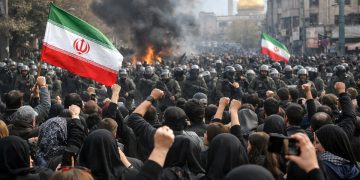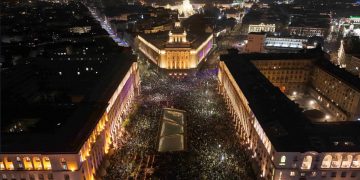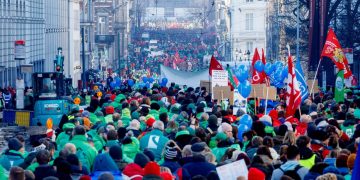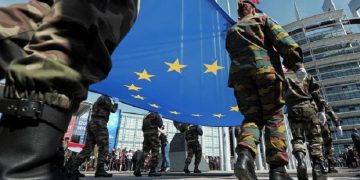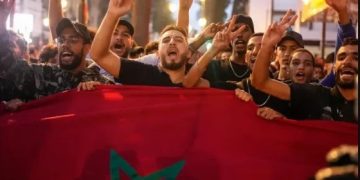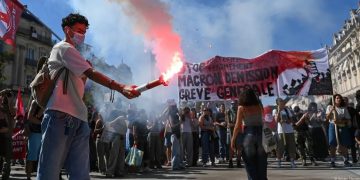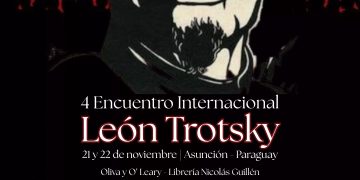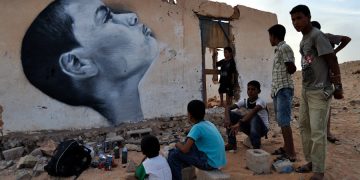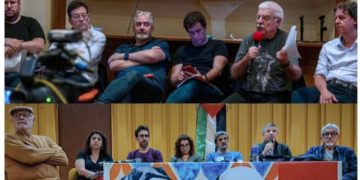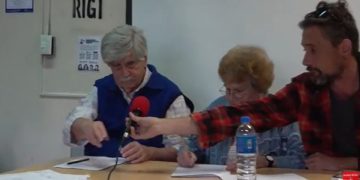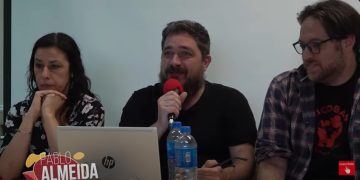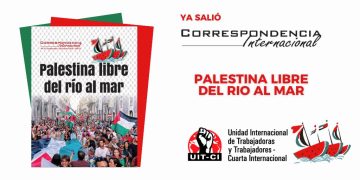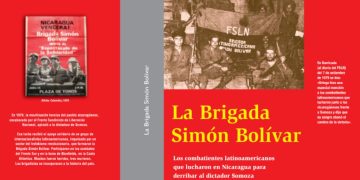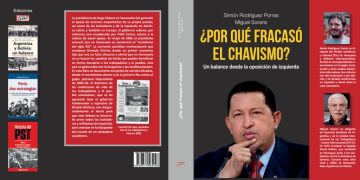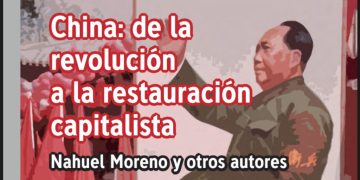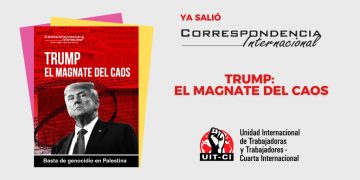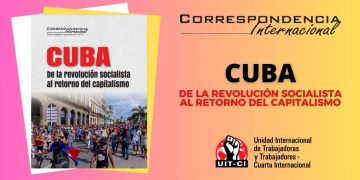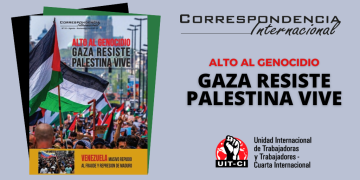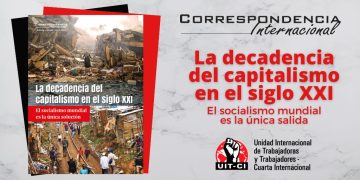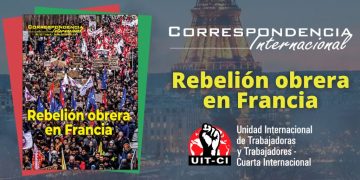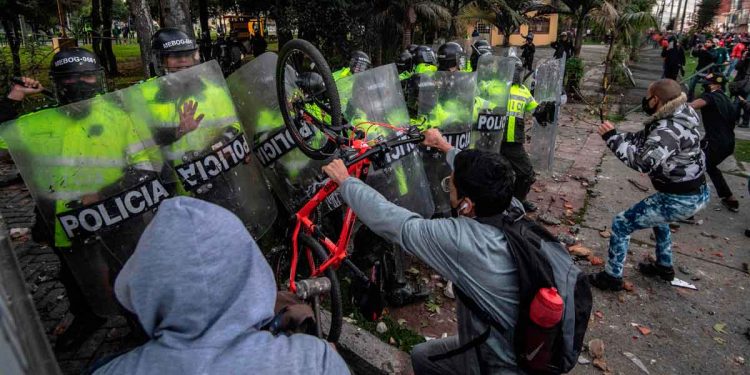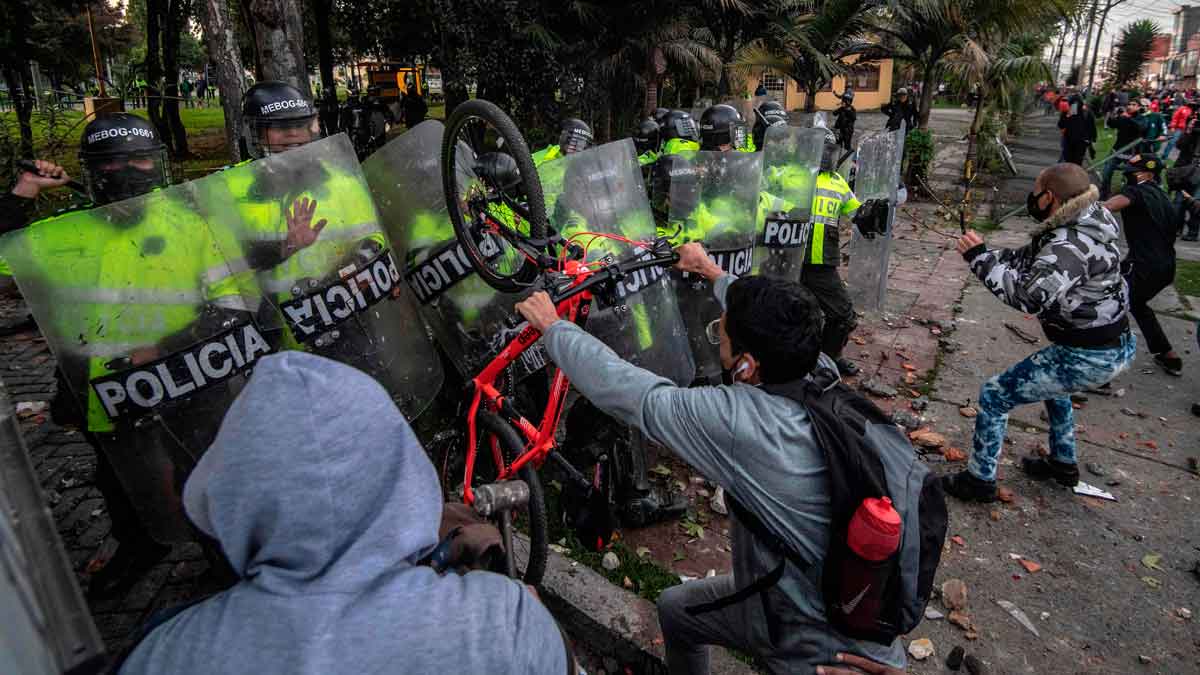 On Tuesday, 8 September, the Colombian police killed Javier Ordonez, a 46-year-old lawyer, with a Taser gun in Bogota. The following day, a wave of vehement protests broke out in the Colombian capital, which then spread to other cities such as Cali, Medellín, Popayan, Pereira and Manizales.
On Tuesday, 8 September, the Colombian police killed Javier Ordonez, a 46-year-old lawyer, with a Taser gun in Bogota. The following day, a wave of vehement protests broke out in the Colombian capital, which then spread to other cities such as Cali, Medellín, Popayan, Pereira and Manizales.
Videos circulated on social networks as police officers subjected Ordonez to knee-jerk shocks with their guns for at least two minutes. In the videos you can hear the lawyer telling the police officers: » Now, please, now, no more. Please, no». And the people who filmed demanding the police officers to leave him alone that he was asking «please» not to continue with the electric shocks.
The images of George Floyd’s murder by the police in the United States took place in much the same way. A recent case of police brutality repeatedly taken place in the capitalist framework.
The day after the assassination, the indignation caused by these images exploded all over the country. Thousands of demonstrators attacked police patrols and the so-called Immediate Action Commandos (IAC), police modules in different places of the city. So far, about 13 people have been killed by the state security forces, and over 200 people are said to be injured, because of the repression of Ivan Duque’s government.
This murder was preceded by 55 massacres of young people in different parts of the country in which 228 people have died, all with the complicity of Uribism and Duque’s government, which tried to minimise these events, saying that they were not massacres but collective murders.
Police and military violence are common in Colombia, a situation which has worsened in the context of the quarantine established to prevent the spread of Covid-19.
Last year, as part of the national strike in November, the young man Dilan Cruz was killed by the Mobile Anti-Riot Squad (Esmad), an elite police unit that brutally repressed the protests during the strike, leading many social and human rights organisations to call for the elimination of Esmad. In May, the police also murdered Anderson Arboleda, a young man of African descent.
Behind the protests against police violence and in repudiation of the murder of Ordonez is the spectre of inequality and poverty that is growing in Colombia, aggravated by the effects of the coronavirus on the economy. The demonstrators have attacked bank branches, which many Colombians hold responsible for the country’s social situation, together with the pro-Uribe government of Ivan Duque, which is increasingly discredited and plunged into a deep political crisis.
The popular mobilisation was so great that the government was forced to apologise to Ordonez’ relatives. However, they are trying to minimise the fact by saying that these are isolated incidents, «rotten apples» that would be in the police force when in fact they are a repressive apparatus that is attempting to curb the huge popular discontent that has been building up in Colombia, which became clear in 2019 with the massive national strike in November. Besides, this repressive apparatus, the state-supported paramilitary forces are responsible for the massacres which have intensified in recent months.
From the International Workers’ Unity-Fourth International (IWU-FI), we repudiate the murder of Ordonez, we demand a trial and punishment for the police officers responsible for the murder, and we call for a broad and united international solidarity with the Colombian people and workers. In this sense, we join through our comrades of Colectivos Unidos the marches next Monday in Bogotá, Cali, Medellín and other cities, called by the Block for Indefinite Strike, the National Trade Union, Social and Popular Coordination and other social organisations, in the framework of the commemoration of the national strike of 14 September 1977.
International Workers’ Unity-Fourth International (IWU-FI)
12 September 2020









